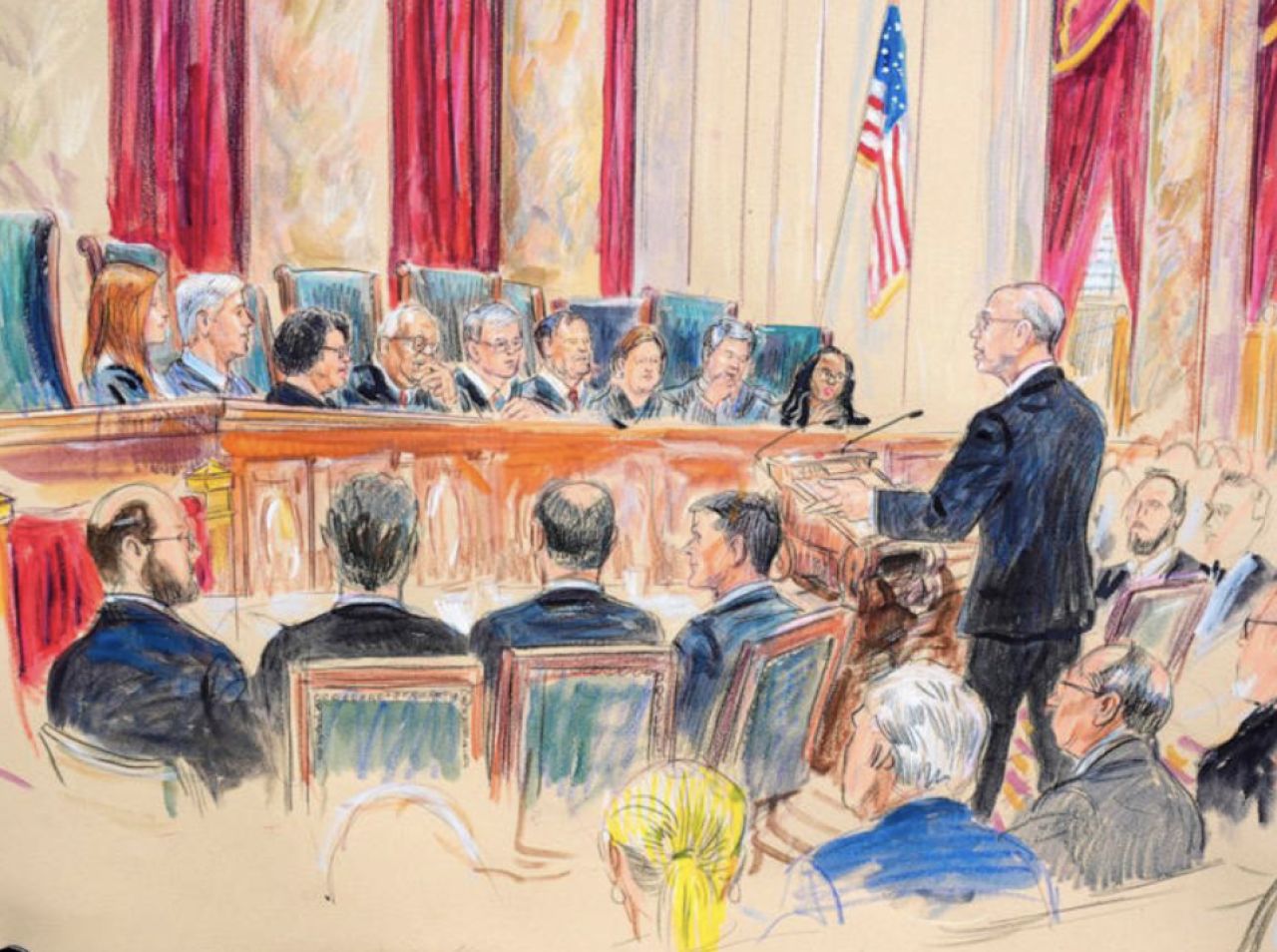When the attorney representing former President Donald Trump appeared before the U.S. Supreme Court, he made a bold move by choosing not to offer a rebuttal to the government prosecutor. This decision came after nearly three hours of historic arguments where a majority of justices seemed unconvinced by Trump's claim of "absolute immunity" from criminal prosecution related to his official acts while in office.
Sauer, Trump's attorney, effectively surrendered the unprecedented claim of executive power, conceding that a former president could be prosecuted for an official act if impeached by the House and convicted by the Senate for it. He also admitted that personal conduct unrelated to the office but committed while in office could be fair game for prosecution.
The debate then shifted to what types of official acts by a president are protected from judicial and prosecutorial review, and how to determine this. The justices posed various hypothetical scenarios about a president's actions and the implications of immunity, discussing everything from staging a coup to hounding a former leader with bad faith charges.
The court's conservatives seemed inclined to reject the appeals court's rejection of immunity for Trump, which would have cleared the way for his federal election subversion trial. Chief Justice John Roberts expressed concern about the lack of focused consideration on what acts and documents were at issue.
The resulting decision from the court will likely narrow the Jan. 6 case against Trump based on whatever rule the majority devises for what official acts are fair game for prosecution. Justices debated how to define an official act, whether to consider the president's motives, and if advice from the attorney general could be an absolute defense.
Despite the pending opinion's historical gravity, there was no indication it would be quick, suggesting the justices would take their time in drafting it, possibly well into June. This timeline plays to Trump's advantage, as delay tactics have been a cornerstone of his legal strategy.
While it's less likely that a federal trial for Trump over his effort to overturn the 2020 election results will commence before the November elections, there's still a chance for accountability. Barrett pressed for clarity on whether certain allegations in the indictment were private conduct, not shielded by immunity, indicating that the case could proceed based on acts not immunized.

Login